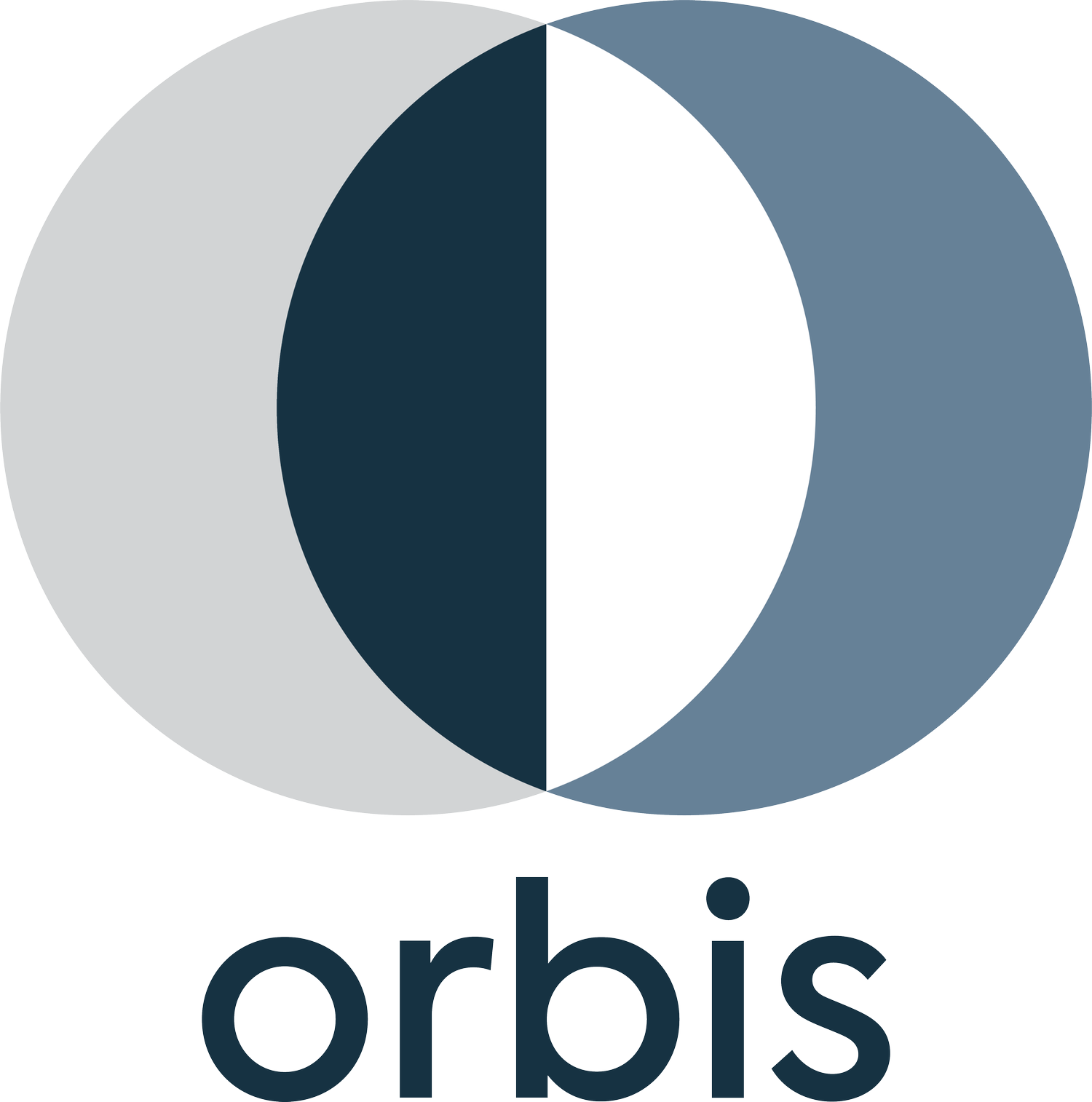UK SRS S2: From Compliance to Competitive Advantage
30 September 2025
Authors
Nagadarsan Suresh
Associate DirectorNaga@orbisadvisory.comKieran Elliff
Principal ConsultantKieran@orbisadvisory.comVasudha Saraogi
Senior ConsultantVasudha@orbisadvisory.comThe UK is on the cusp of a major shift in sustainability reporting. With the introduction of the UK Sustainability Reporting Standards (UK SRS), companies will soon face new expectations around how they measure, manage, and disclose climate-related risks and opportunities. At the heart of this is UK SRS S2, the climate-focused standard.
Based on the International Sustainability Standards Board (ISSB) framework, S2 builds on the familiar TCFD structure but adds greater depth and rigour. It is designed to deliver decision-useful information to investors, regulators, and stakeholders, ensuring that climate disclosure is no longer a “tick-box exercise,” but a driver of strategy, accountability, and resilience
Why S2 Matters
S2 is more than a regulatory hurdle. By setting a consistent, logical approach to reporting, it gives companies a clear framework to:
Strengthen their climate strategy
Improve transparency and comparability
Reduce the risks of “green hushing” and accusations of greenwashing
Build credibility with investors, customers, and employees
In short, S2 provides the UK with a chance to show leadership on climate reporting and companies with a chance to turn compliance into competitive advantage.
Insights from the Consultation
The government’s recent consultation on UK SRS, which closed on 17th September, highlighted both opportunities and challenges for business. At Orbis Advisory, we engaged fully in this process, drawing on our experience supporting clients with climate disclosures, risks and opportunities assessment, and strategy development.
We shared our responses on certain key aspects of the UK SRS standards that were open for consultation:
Scope of Reporting: In addition to listed companies, we believe that large private companies will benefit from SRS reporting. The sustainability actions of these companies are critical to meeting national goals on climate, biodiversity, and social value. Moreover, harmonised reporting will promote comparability with listed companies and promote the discovery and consistency of underlying value chain data.
Financed Emissions: Here, we assessed the nature of third-party data that investors need prior to reporting. Relying on prior-year balance sheet data, as tested by the consultation, risks undermining accuracy. With increased climate literacy and standardised processes, companies can and should use current-year data to provide more meaningful insights. Once data is available, financed emissions can be calculated relatively quickly for a variety of asset classes by using methodologies such as those developed by PCAF.
Revision of prior year third-party data: Allowing companies to revise third-party emissions data from a prior year is good practice, provided there is suitable guidance on comparability with the current year. Without guidance, there is a risk of ‘second cut’ data being compared with ‘first cut’ data, leading to potentially misleading insights.
Carbon Credits: We shared our views that disclosure on carbon credits can aid transparency, but without standardisation risks fuelling mistrust. Guidance must evolve with, not against, the maturity of UK’s voluntary carbon market.
Support and Reliefs: Transition reliefs are necessary, especially for SMEs, but should not be used to delay ambition. Support on literacy, training, and templates will be vital.
Our position is clear: the UK SRS must align closely with ISSB standards to maintain international credibility and leadership, while also providing the right guidance and safeguards to help companies succeed in the UK.
Orbis Advisory’s Perspective
We believe S2 marks a turning point. Done right, it can:
Provide businesses with clarity on how to embed sustainability in their strategy and leverage risks and opportunities information to generate competitive value.
Deliver transparency that builds trust across markets.
Ensure the UK remains at the forefront of global sustainability leadership.
But ambition must be matched with practicality. Companies will need support and time to navigate the data challenges, legal risks, and cultural shifts that S2 brings.
How Orbis Advisory Can Help
At Orbis Advisory, we specialise in helping companies move from uncertainty to confidence in sustainability reporting. As a boutique consultancy, we work directly with in-house teams to build the skills, systems, and strategies needed for UK SRS compliance and beyond.
We support organisations by:
Building capacity: delivering climate literacy training and enabling teams to understand the new standards.
Designing reporting mechanisms: creating systems and enhancing existing systems for collecting, analysing, and disclosing high-quality data across S1 and S2.
Assessing risks and opportunities: performing scenario analysis to derive quantified climate-related risks and opportunities
Conducting internal audits: identifying gaps and providing practical roadmaps for compliance and best practice.
Embedding strategy: aligning climate reporting with business planning, risk management, and investment decisions.
Looking Ahead
The introduction of UK SRS S2 is not just about reporting – it is about readiness for the future. Companies that act now will not only meet the requirements but position themselves as leaders in a market that increasingly values transparency, accountability, and climate resilience.
At Orbis Advisory, we are proud to be a part of shaping this next chapter. And we are ready to help businesses turn UK SRS from an obligation into an opportunity.





